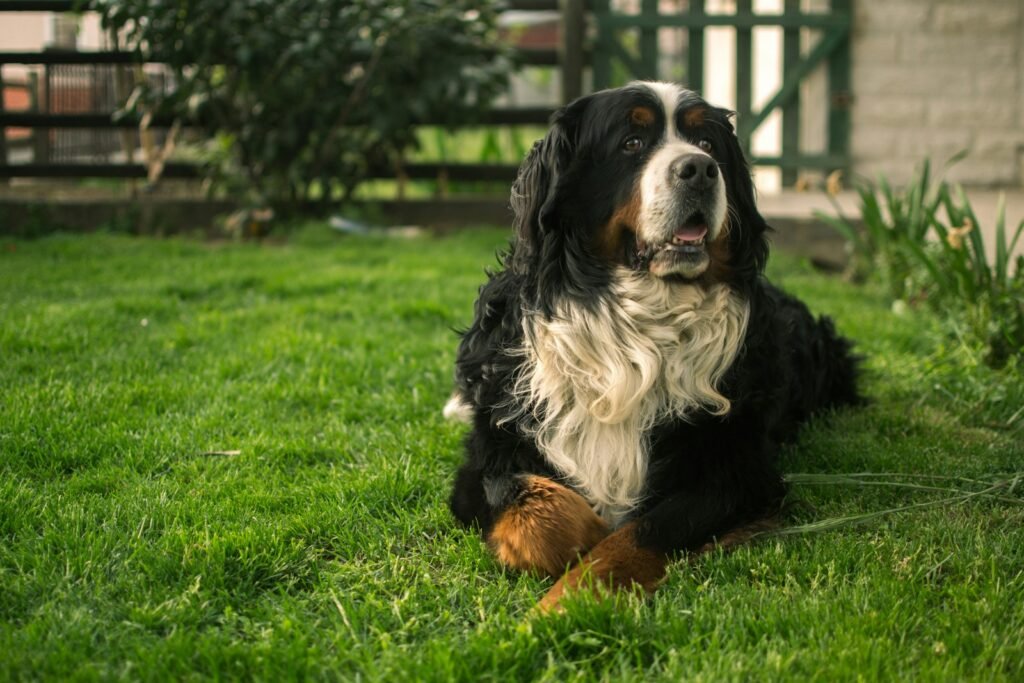Astrology may be ancient storytelling, but the search for a steady canine companion is a very modern puzzle – and science has more to say than you might expect. Dog behavior is shaped by genes, early life, training, and the homes we build with them, yet some breeds do lean toward calm routines and unshakable loyalty. That sounds a lot like Taurus: grounded, patient, and protective of comfort and kin. The mystery is how to translate a starry archetype into real traits you can meet at the shelter or from a responsible breeder. The answer blends centuries of selective breeding with today’s data-driven behavior research, and it points to dogs whose hearts beat in a slow, faithful rhythm.
The Hidden Clues

Behind the poetic language of astrology sit practical behavioral clues: tolerance for routine, low to moderate arousal, persistence, and a close bond with familiar people. Scientists capture those clues with standardized tools that score traits like sociability, fearfulness, trainability, and attention span, producing behavioral “profiles” that are surprisingly consistent across large groups. When I think of Taurus, I look for dogs that recover quickly from mild stress, maintain focus in quiet environments, and choose people over novelty.
These markers show up in breed averages, but they also vary widely within each breed, so the individual in front of you matters most. Still, if you crave a companion who prefers a predictable walk, a cozy couch, and a small circle of trusted friends, certain lineages stack the deck in your favor.
From Ancient Tools to Modern Science

Long before gene scans, humans sculpted dog behavior through work: guarding flocks, hauling loads, watching doorways, or dozing at a hearth until called. Those jobs favored patience, body confidence, and calm endurance – traits that feel distinctly Taurus, even if the zodiac never entered the kennel. Modern studies now map behavior across tens of thousands of dogs, showing that breed ancestry shapes tendencies, while individual upbringing can bend or amplify them.
Researchers have found that ancestry explains only a small slice of any single dog’s behavior, yet the patterns across breeds remain meaningful for setting expectations. The takeaway is pragmatic: use breed science as a compass, then verify with meet-and-greets, shelter behavior notes, and trial days if possible.
Matching the Taurus Temperament

Think in traits rather than labels: steadiness over sprinting, loyalty over indiscriminate friendliness, and comfort-seeking over relentless novelty-chasing. Dogs that thrive on routines – meals at the same time, walks on the same route, familiar faces – often relax into deeper bonds. Pair that with moderate exercise needs, an off switch indoors, and a protective streak that is more watchful than loud. Training these dogs isn’t about fireworks; it’s about quiet repetition, low-stress reinforcement, and clear boundaries they can lean on. If you imagine companionship as a slow-brewed tea rather than an energy drink, you’re halfway to a Taurus-aligned match.
Breed Profiles for Steadfast Souls

Certain breeds frequently check those boxes, even acknowledging individual variation. Bernese Mountain Dogs and Newfoundlands bring gentle strength, a family-first focus, and an easygoing tempo that suits unrushed households. Bullmastiffs and English Bulldogs, bred for steadiness rather than speed, often prefer short, purposeful outings and long stretches of close contact on the rug. Great Pyrenees mix guardian composure with independent judgment, making them calm companions when given space and consistent rules.
Rough Collies add sensitivity and loyalty without the relentless drive of their Border cousins, while Basset Hounds deliver patience, scent-driven curiosity, and a lounge-ready lifestyle. I once spent an afternoon filming a Great Pyrenees who napped through city chaos until his person stood up – then he rose like a quiet tide, loyal as gravity.
Global Perspectives

Matchmaking looks different around the world because environments shape behavior expression. A Great Pyrenees in alpine pasture moves serenely and surveys distance, while the same dog in a small apartment may feel understimulated without scent games and restful, outdoor vantage points. In warm climates, breeds with heavy coats need careful cooling plans to maintain that calm steadiness, and in dense cities, quieter guardianship is prized over vocal alerting.
Many shelters now use structured assessments and foster reports that reveal how a dog handles routine, new people, and downtime – an ideal lens for Taurus-oriented families. Mixed-breed dogs often excel here, blending guardian, working, and companion ancestry into exactly the temperament you hoped to find.
Why It Matters

Good fit saves lives: when temperament aligns with lifestyle, relinquishments drop, training sticks, and stress softens for both dog and human. Choosing by looks or popularity has historically fueled booms and busts in welfare, whereas choosing by behavioral needs leads to stable homes and healthier bonds. Scientifically, it’s a reminder that personality is not magic; it is measurable tendencies that can be reinforced with environment and routine.
Compared with the old guesswork – picking a puppy on impulse – today’s approach leans on standardized questionnaires, shelter notes, and careful observation. The wider lesson is simple: match temperament to daily life first, then let love do the rest.
The Future Landscape

Behavior science is accelerating with wearable activity trackers, home video analysis, and large open datasets that map how dogs rest, move, and respond across months, not minutes. Shelters are piloting data-informed matching tools that weigh variables like noise sensitivity, recovery after novelty, and preferred pacing to avoid mismatches. Genetic screens will likely add context for health and perhaps modest insights into arousal or sociability, though environment will remain the stronger lever for most families.
Expect calmer, quieter training methods to keep expanding – cooperative care, scent enrichment, and predictable micro-routines that amplify the steadiness many people want. Global collaboration could standardize behavior language, making it easier to find a Taurus-like dog in Tokyo, Toronto, or Tulsa.
Conclusion

If you’re seeking that Taurus-aligned partner, start with your daily rhythm: write down your real schedule, preferred pace, and tolerance for surprise, then share it with shelter staff or a reputable breeder. Meet more than one dog, ask for behavior notes rather than promises, and prioritize a quiet trial period where routines are simple and consistent. Invest in calm training – short sessions, familiar cues, restful decompression – and choose enrichment that soothes rather than amps up.
Support shelters that use evidence-based assessments and transparent foster reports, and encourage friends to adopt for temperament, not trends. If enough of us choose steadiness on purpose, we’ll build kinder homes for dogs and people alike.

Suhail Ahmed is a passionate digital professional and nature enthusiast with over 8 years of experience in content strategy, SEO, web development, and digital operations. Alongside his freelance journey, Suhail actively contributes to nature and wildlife platforms like Discover Wildlife, where he channels his curiosity for the planet into engaging, educational storytelling.
With a strong background in managing digital ecosystems — from ecommerce stores and WordPress websites to social media and automation — Suhail merges technical precision with creative insight. His content reflects a rare balance: SEO-friendly yet deeply human, data-informed yet emotionally resonant.
Driven by a love for discovery and storytelling, Suhail believes in using digital platforms to amplify causes that matter — especially those protecting Earth’s biodiversity and inspiring sustainable living. Whether he’s managing online projects or crafting wildlife content, his goal remains the same: to inform, inspire, and leave a positive digital footprint.




